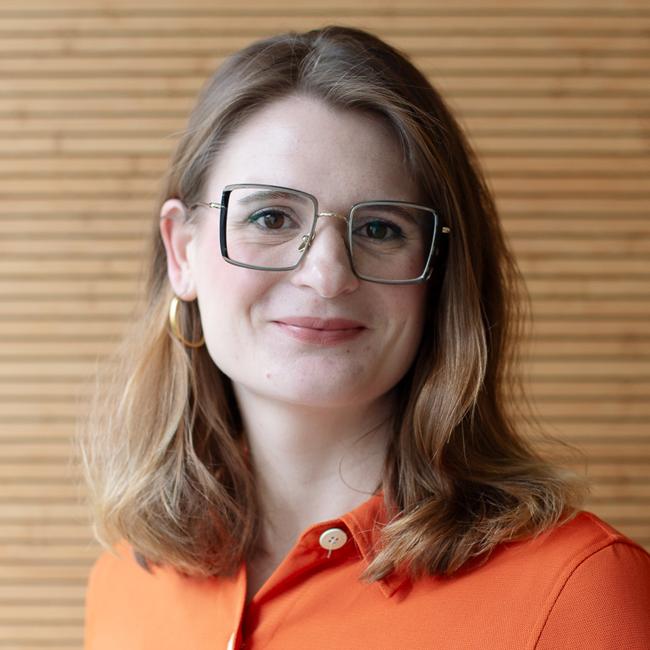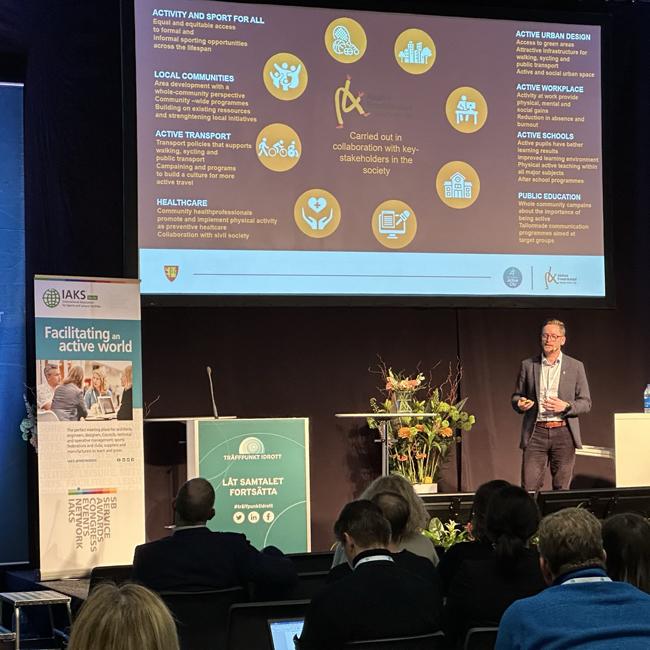IAKS pool experts met online on 19 October 2020 to discuss the current situation of pool operations under Covid-19 conditions.
16 participants from seven countries exchanged about operational ideas, engineering solutions for optimizing air ventilation, as well as possible implications on the future design for pools.
Public pools all over the world have proven to be a safe environment in the pandemic situation, offering low-risk activities. None of the international experts has heard of a public pool as an infection hotspot. In Spain, authorities have decided to close bars and restaurants while pools are still allowed to open.
It is common knowledge that inside the pool water, all viruses and bacteria are killed by chlorine disinfection. Infection via the water can thus be prevented.
In the “dry” areas of pool buildings, the most important measures to be taken are related to social distancing and to the air ventilation system.

Key takeaways of the meeting were:
- Try to enable spontaneous pool visits. Ticketing systems that require pre-visit online registration tend to hinder many potential guests from visiting the pool. Examples show that client numbers of up to 80 % compared to the pre-pandemic situation can be achieved.
- Enable social distancing in all building areas to make clients feel safe. There are different approaches how to limit the number of people who are in the building at the same time. Typical “bottleneck areas” are the lobby and the changing rooms.
- Run the ventilation system with a maximum of fresh outside air and a high air-change rate.
- The experts do not expect significant design changes for future pool infrastructure so far. However, it is obvious that applying universal design principles is very beneficial. This enables to modify wayfinding and distancing inside a building.
The Pool Expert Circle will offer more detailed information on these issues in a public webinar to be held on 30 November 2020 at 14.00 h CET. Further information on this webinar will be available shortly.




